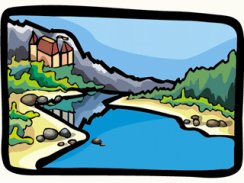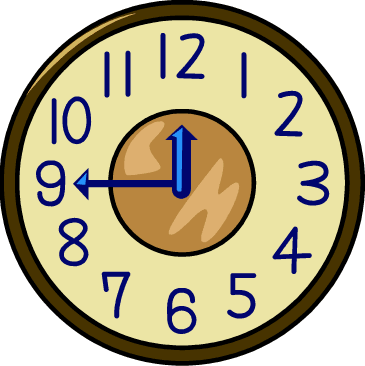ESL Taking a Trip Reading
This ESL taking a trip reading page has a reading comprehension task for you to do. This will help you get better at reading and understanding about taking a trip and the related vocabulary.

Reading is a good way for you to practice using new vocabulary. You can read at whatever speed you are most comfortable with and fully understand all the new vocabulary. You should do this before moving onto more difficult activities like having conversations or listening.
If you get stuck with any of the words in the following ESL taking a trip reading passage you can look at the ESL taking a trip vocabulary page. This page has a long list of words about traveling and going on a trip, and you can look at them and their definitions to understand the meaning.
Once you have finished reading the following ESL taking a trip reading passage you should try to answer the questions that are after it. These will test your understanding of the passage. When you have finished you can use the get score button to see how many you got correct and the right answers.
ESL Taking a Trip Reading Comprehension Passage
How to Plan a Trip
Traveling can be tricky for a newbie. If you want to take a trip to a new place abroad or which is far away from where you live, you may need to make a good plan in order to avoid troubles during the trip. So once you know where you want to go, you should decide when and how you are going to go there.
Many people take a trip during holidays because that is the time when they can take a break from work or studies. Unfortunately, traveling during holiday season may not be a good choice as prices for flight tickets and hotel rooms are usually higher than the off-season period when tourism is not booming. If you have a limited budget, you may consider taking a day off work during the off-season when prices are lower and discounted.
Your budget will also determine what means of transportation you are going to use. Taking a road trip might be cheaper, but you should be in good shape and prepare your car for a long trip. If you choose to fly, you may have to take public transportation to get around in your holiday destination. Whether you take a taxi, subway or bus, you should know where you are going based on the itinerary that you have planned before and make sure you know the routes and the fares.
Next, calculate your costs. What kind of accommodation do you want? If you take a road trip, you may prefer to stay in a motel. Hostels are cheaper, but today you can search online and find hotels offering rooms with low rates. If the costs are more than you can afford, make cuts where you can. You may cut expenses for eating out or even cut the trip short and get back before the holiday season ends.
Once you are exactly sure of where and when you want to go, how you will get there and where you are going to stay, make your reservations. You can book your flight and accommodation online and even many attractions have ticket sales online so you can skip the lines and enjoy the attraction right in. You may also consider taking travel insurance. You will have some protection in case you could not travel during the time your tickets are booked for. If you plan to travel internationally, keep your passport, travel documents, visas and similar items in one place to ease you in accessing them.
Lastly, pack light. Heavy luggage will only restrict your movement and cause discomfort. A few basic shirts and pants or shorts will do and roll them when packing to save room for souvenirs.
ESL Taking a Trip Reading Comprehension
Reading comprehension questions that go with the above reading passage.
Other Pages about Taking a Trip that You Might
Like
ESL Taking a Trip Conversations
ESL Taking a Trip Listening
ESL Taking a Trip Vocabulary
ESL Taking a Trip Writing
ESL 4u home › Reading › Taking a trip


|
|



New! Comments
Have your say about what you just read! Leave me a comment in the box below.